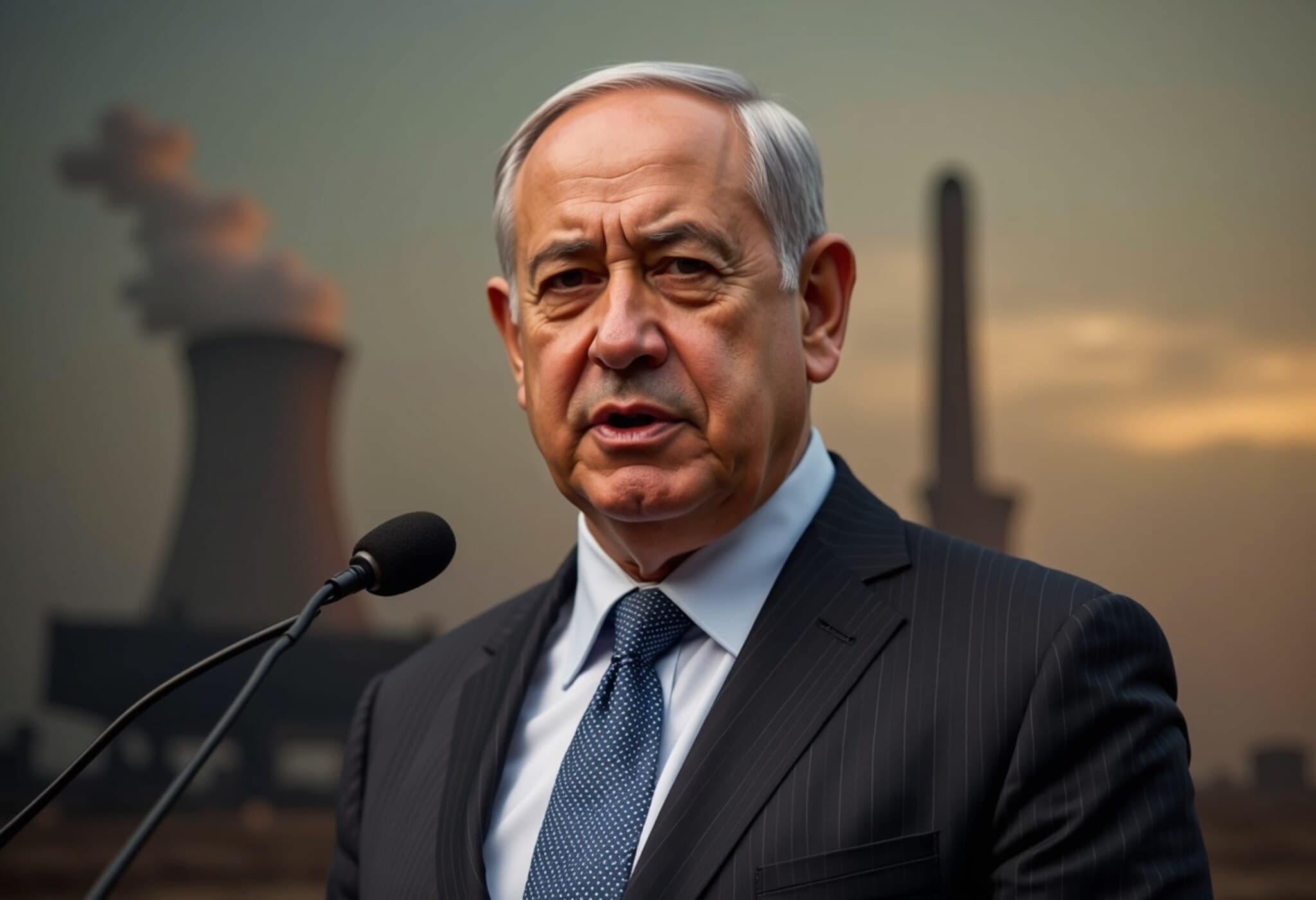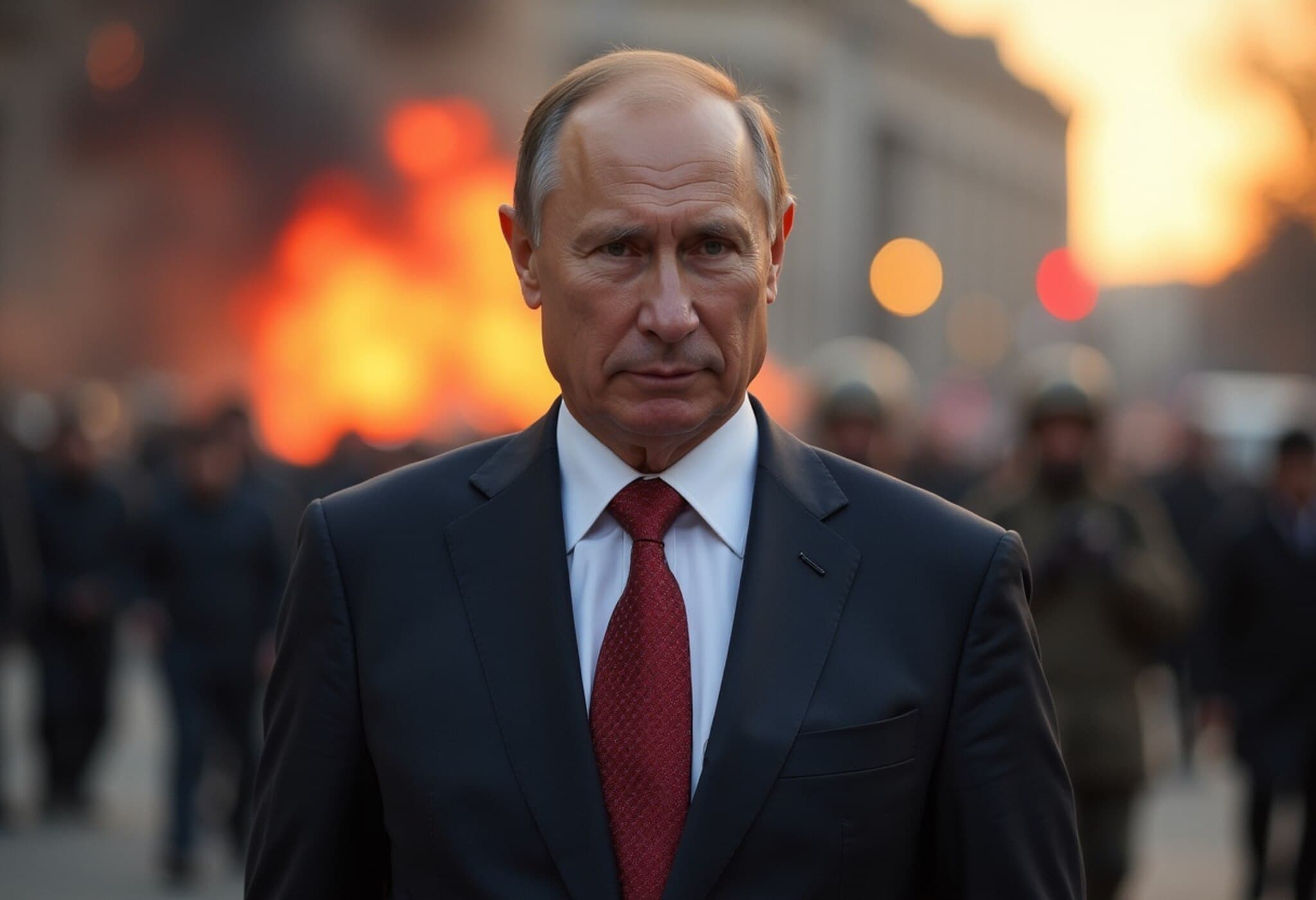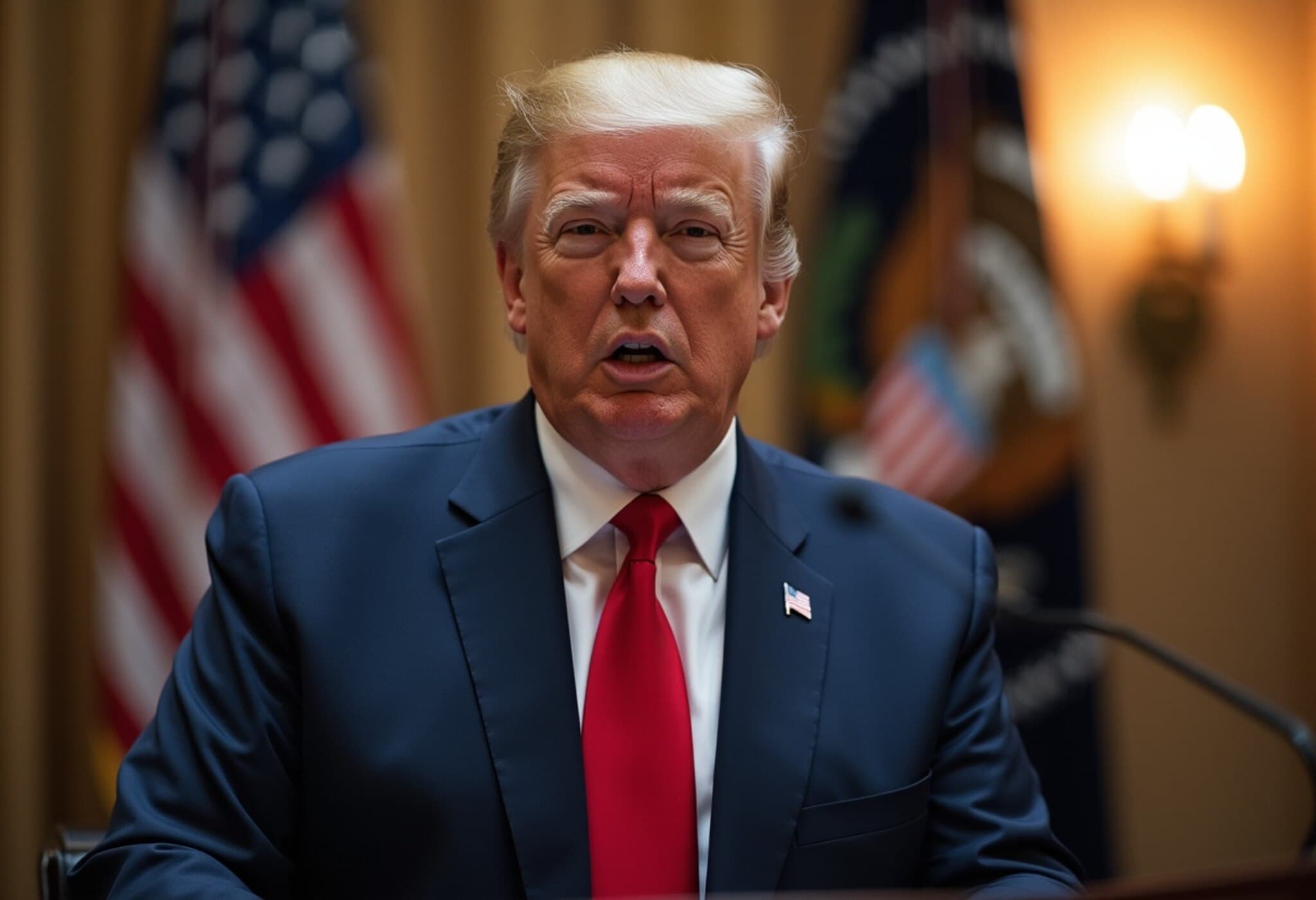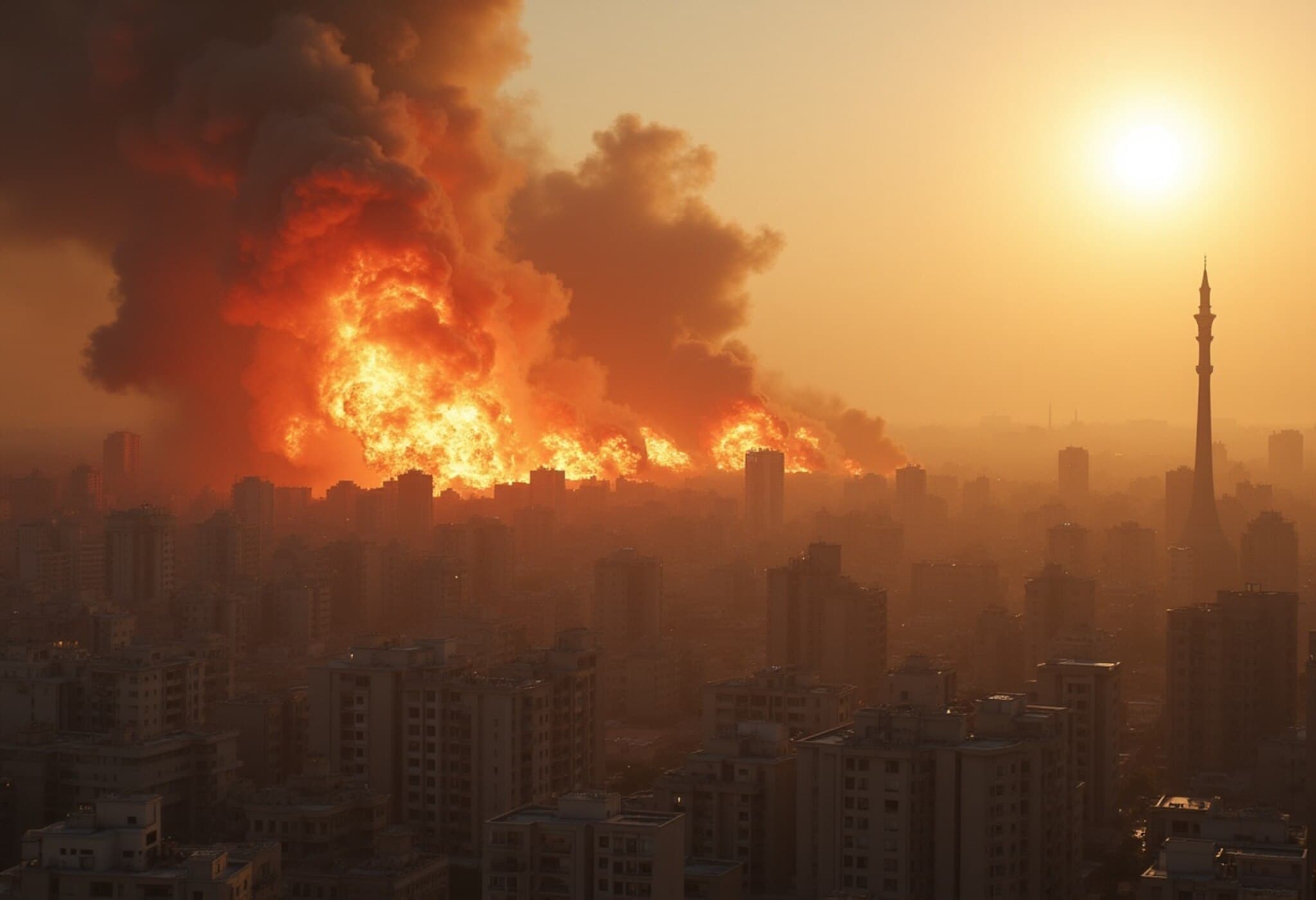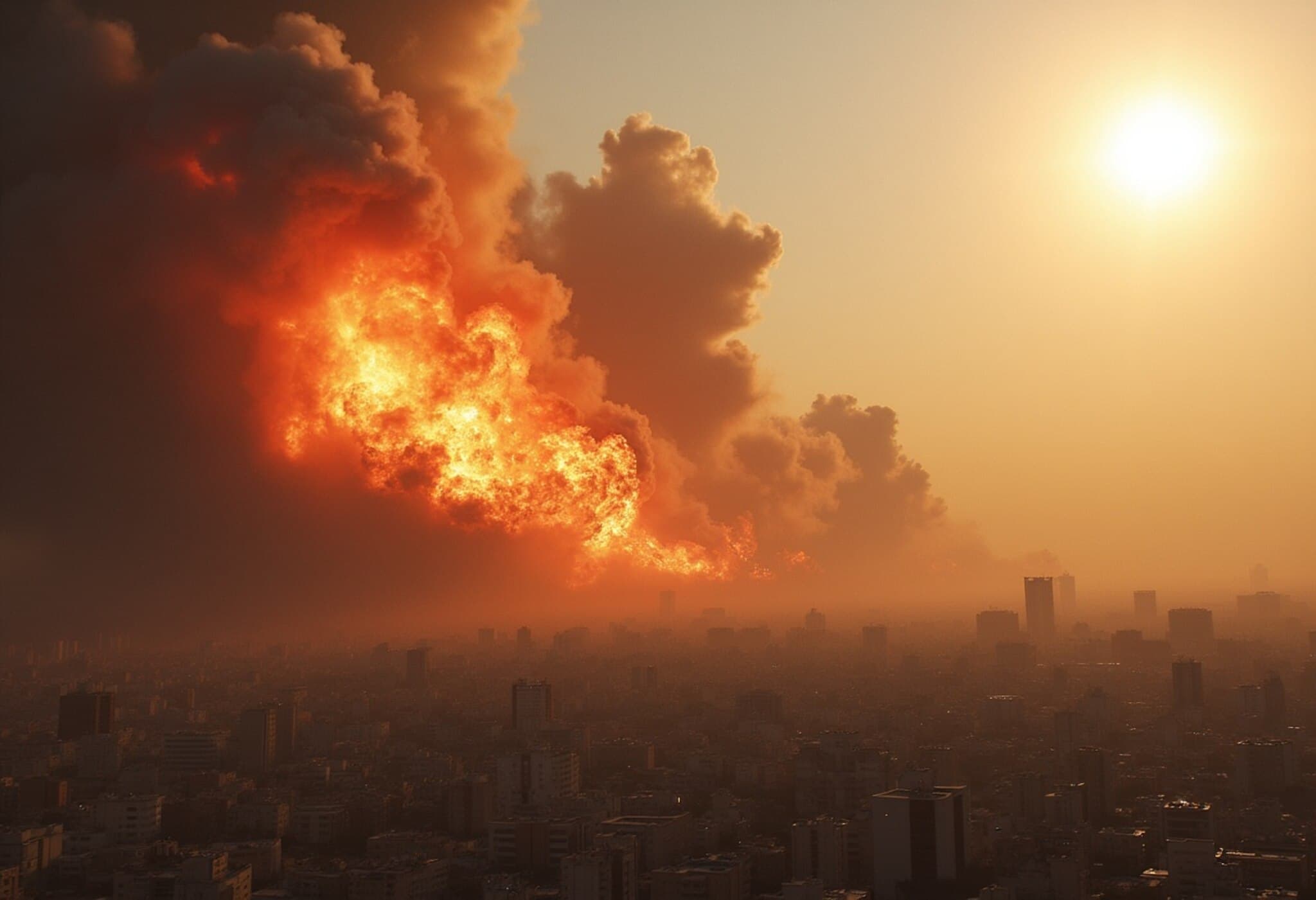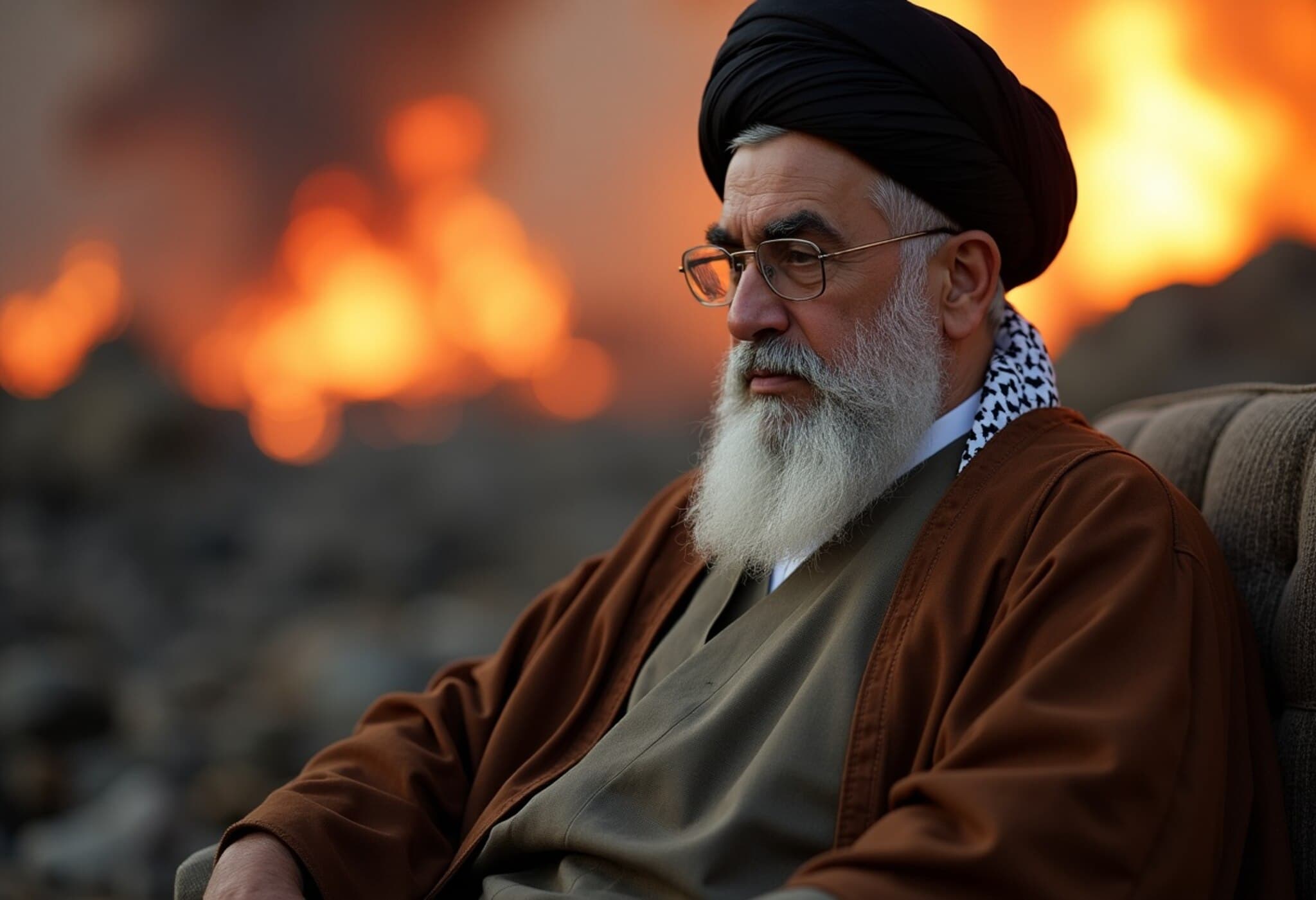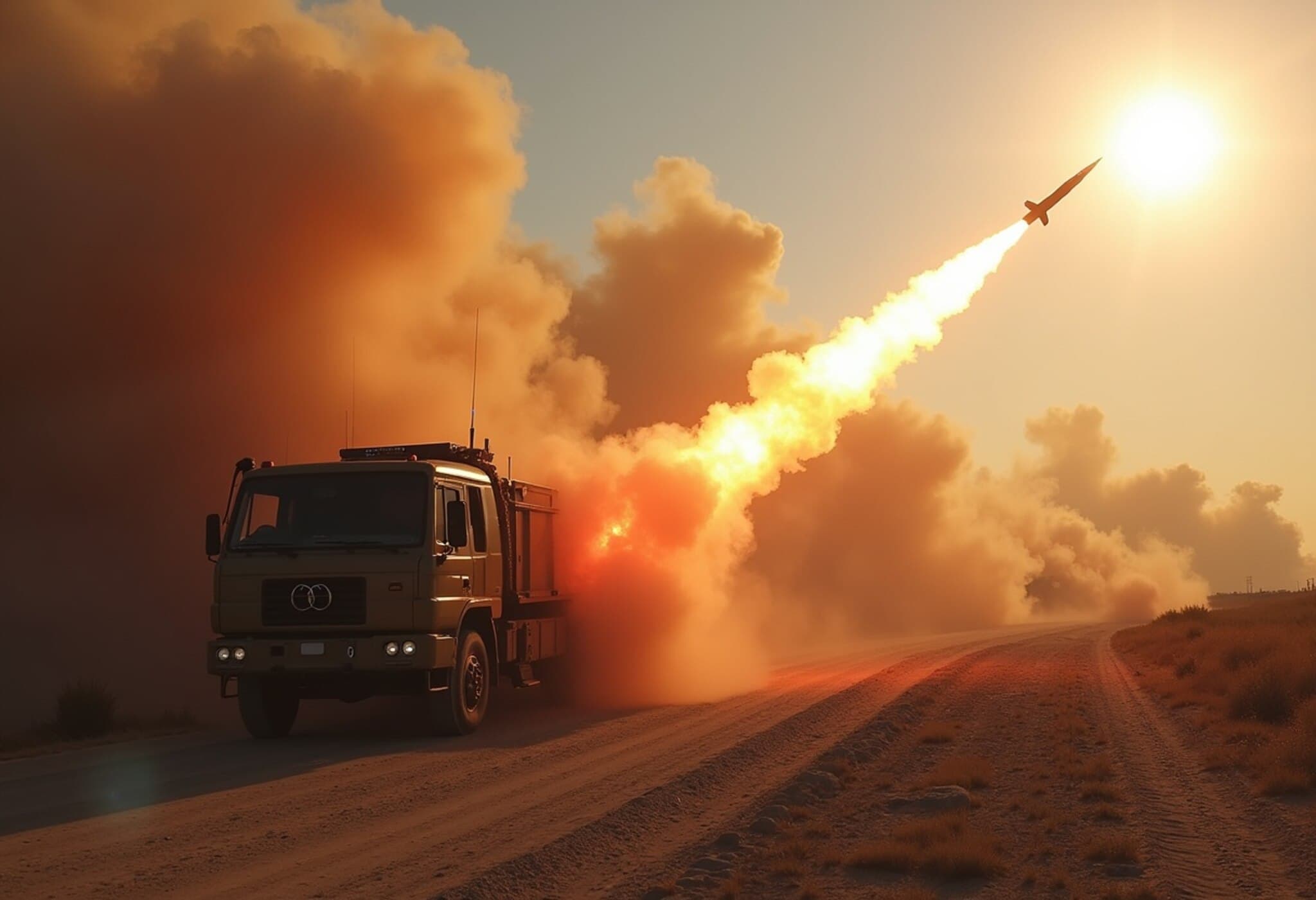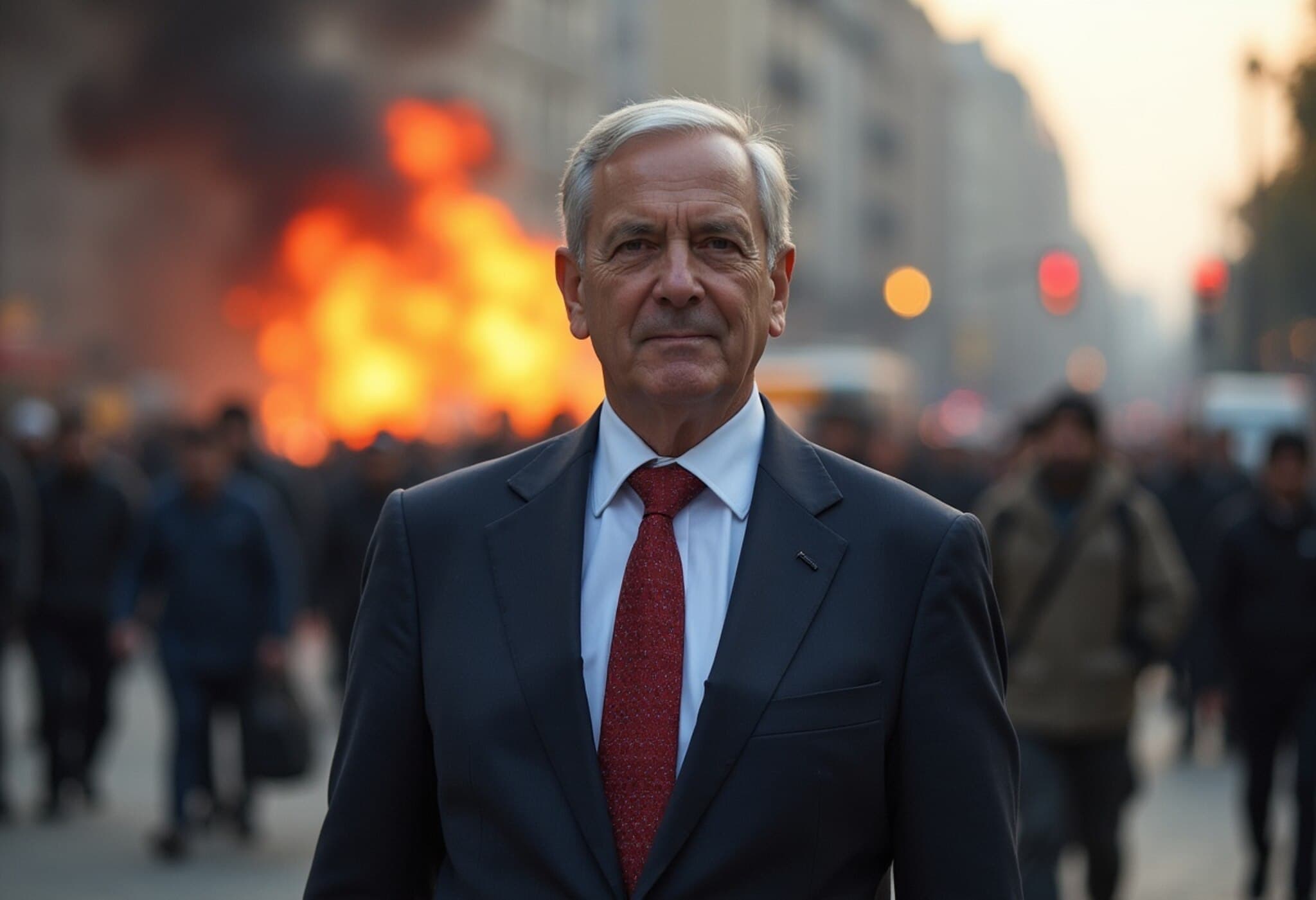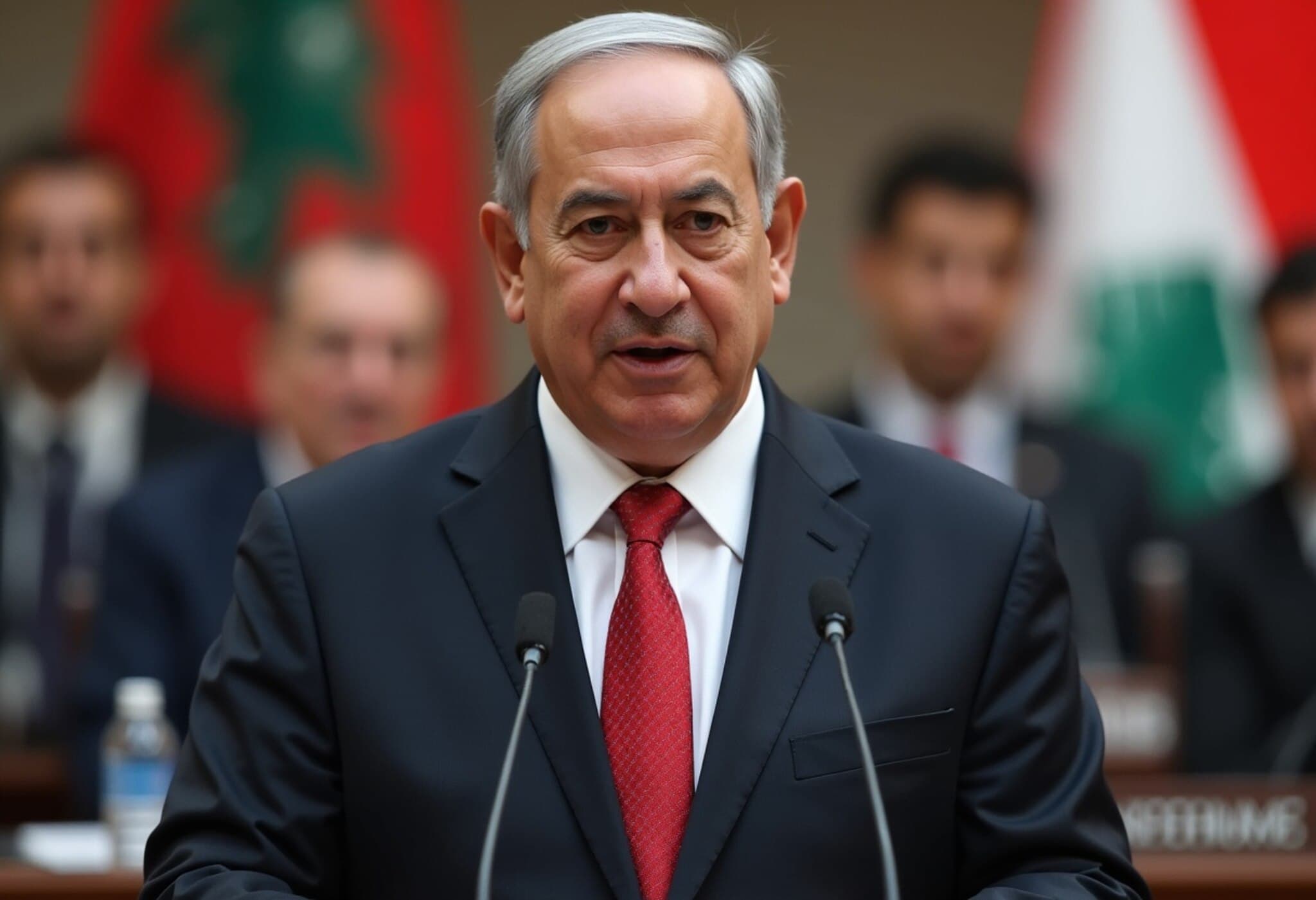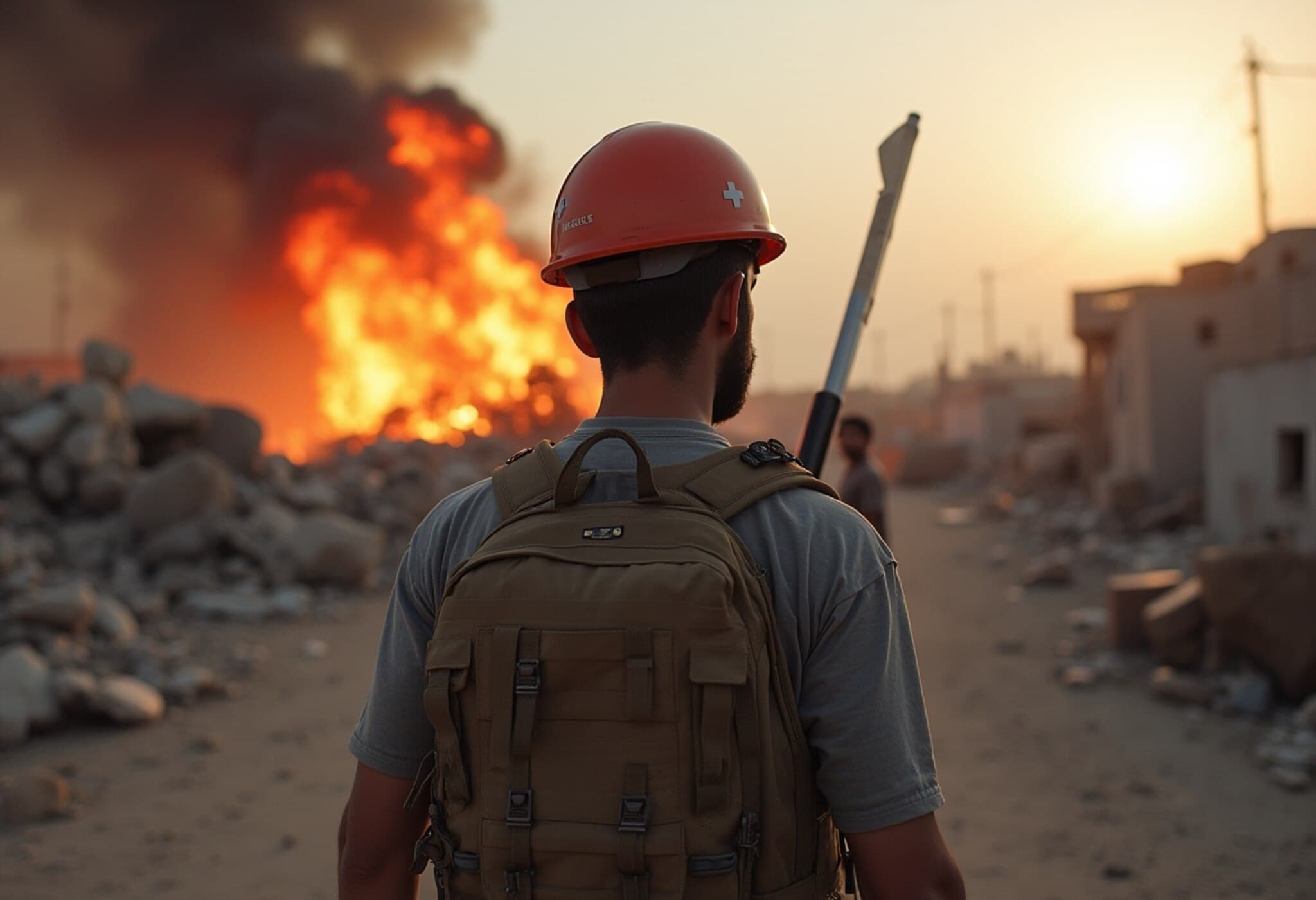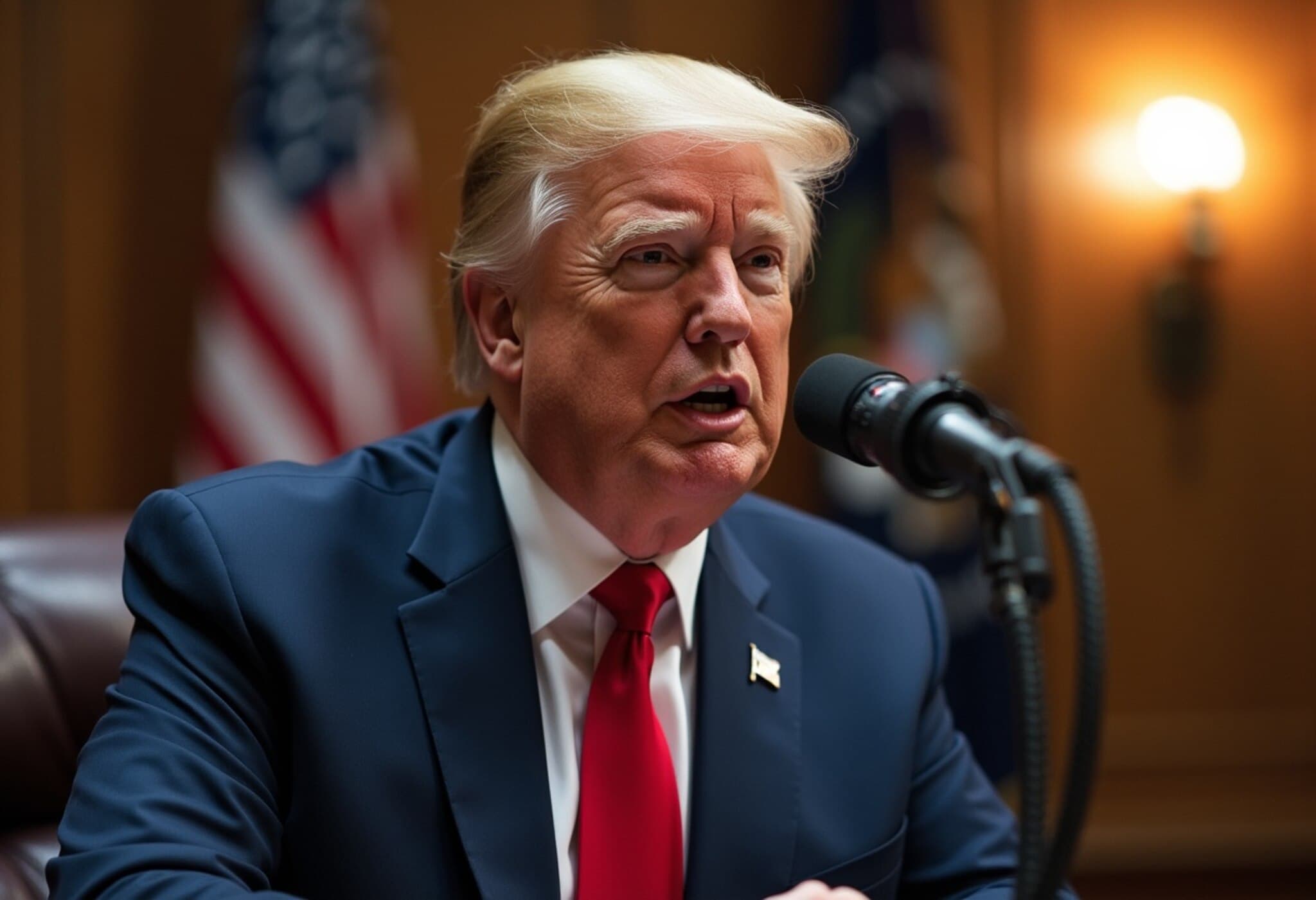US Envoy Rejects Calls to Compel Israel to Stop Strikes in Lebanon
During a high-profile visit to Lebanon, US Special Envoy to Syria and Ambassador to Turkey, Thomas Barrack, firmly stated that the United States has no authority to compel Israel to cease its military operations, despite pleas from Lebanese officials. This marks a critical moment in Washington’s ongoing efforts to stabilize the region amidst escalating tensions along the Israeli-Lebanese border.
Lebanon Seeks US Guarantee Amid Heightened Hostilities
Lebanese Prime Minister Nawaf Salam and other government leaders have called on the US to act as a guarantor to enforce a halt to the Israeli airstrikes and military presence in southern Lebanon. These demands come as part of Lebanon's aim to secure a full withdrawal of Israeli troops in exchange for the disarmament of Hezbollah, the powerful Shiite militant group entrenched in the country.
Responding after a meeting at the government palace in Beirut on July 21, 2025, Barrack told reporters, “The US has no business in trying to compel Israel to do anything.” His candid remarks underline the delicate position the US navigates between supporting its ally Israel and addressing Lebanese concerns about sovereignty and security.
US’s Four-Month Roadmap Targets Disarmament and Regional Reform
Last month, Washington laid out an ambitious four-month plan intended to ease hostilities: it called for a clear, full disarmament of Hezbollah and all non-state armed groups in Lebanon. In return, Israel would stop its airstrikes and pull back troops from disputed border areas. Beyond military matters, the plan also advocates for broader reforms in Lebanon, encompassing economic revitalization and improved diplomatic ties with Syria.
Barrack emphasized that Lebanon is not under pressure to comply, stating, “There’s no consequence, there’s no threat, there’s no whip.” He further dispelled rumors about potential US sanctions on Lebanese officials if Hezbollah refuses to disarm, underlining a preference for diplomatic solutions over punitive measures.
The Complex Reality on the Ground: Ceasefire Violations and Mutual Accusations
The backdrop to this diplomatic activity is the persistent tension since the last US-mediated ceasefire agreement, which demanded both Israel and Hezbollah cease hostilities, Israel’s troop withdrawal, and the disarmament of non-state militias in southern Lebanon.
However, the ceasefire remains fragile. Israel accuses Hezbollah of ongoing militant activity and ceasefire breaches, while Lebanon and Hezbollah counter that Israel violates the agreement by maintaining control over certain Lebanese border positions and conducting airstrikes on alleged Hezbollah targets.
Expert Insight: Navigating a Delicate Balancing Act
From a US foreign policy perspective, Barrack’s visit illustrates the broader geopolitical dilemma: Washington remains an influential but constrained mediator, balancing its strategic alliance with Israel against stability and reform ambitions in Lebanon and the wider Middle East.
The US’s reluctance to forcibly pressure Israel reflects legal and political realities in Washington, where Israel’s security concerns receive robust bipartisan support. At the same time, Lebanon’s fragile political landscape and Hezbollah’s entrenched power complicate disarmament efforts, raising questions about the feasibility of the proposed roadmap.
Further, the push for economic reform and normalization with Syria taps into a regional dynamic where rehabilitating ties could offer Lebanon some respite from its economic hardships but risks alienating Western allies suspicious of Syrian and Iranian influence.
What’s Next for Lebanon, Israel, and the US?
- The US intends to continue diplomatic engagement with a focus on voluntary compliance rather than coercion.
- Lebanon faces mounting pressure to move forward on disarmament while managing internal factions opposed to such steps.
- Israel remains vigilant against perceived threats along its northern border, complicating trust-building efforts.
Ultimately, the path forward requires nuanced diplomacy that acknowledges the complexity of regional interests, domestic politics, and international alliances.
Editor’s Note:
Thomas Barrack’s recent statements underscore the limited leverage Washington wields over Israel in the volatile Lebanese border conflict. As the US shifts focus to economic and security reforms within Lebanon alongside disarmament talks, observers must ask: Can these reforms realistically advance without bypassing the entrenched issue of Hezbollah’s military presence? And how will the evolving Syrian-Lebanese relationship shape the delicate balance of power in this critical region? Readers should watch closely as these multi-layered negotiations unfold.


